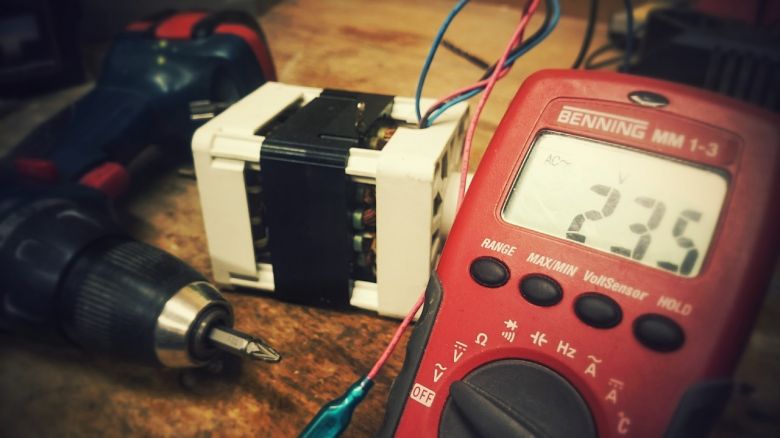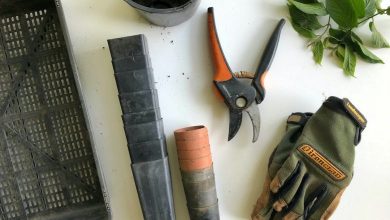Why Every Diyer Needs a Good Multimeter

As a DIYer, having the right tools is essential for successfully completing projects. One tool that should be in every DIYer’s toolbox is a good multimeter. Whether you’re a beginner or an experienced DIYer, a multimeter is a versatile and indispensable tool that can save you time, money, and frustration. In this article, we will explore the reasons why every DIYer needs a good multimeter.
Troubleshooting Electrical Problems
One of the primary reasons why every DIYer needs a multimeter is for troubleshooting electrical problems. Whether you’re dealing with a faulty outlet, a flickering light, or a malfunctioning appliance, a multimeter can help you identify the root cause of the issue. By measuring voltage, current, and resistance, a multimeter can pinpoint where the problem lies, allowing you to make the necessary repairs or replacements.
Testing and Repairing Electronics
If you enjoy working with electronics, a multimeter is an absolute must-have. From testing batteries and circuits to diagnosing faulty components, a multimeter provides you with the ability to accurately measure voltage, current, and resistance in electronic devices. This allows you to identify and fix problems, saving you the cost of hiring a professional or replacing expensive equipment.
Checking Continuity and Resistance
Another important feature of a multimeter is its ability to check continuity and resistance. Continuity testing ensures that a circuit is complete and uninterrupted, while resistance testing measures how easily current can flow through a component. These tests are crucial for identifying open circuits, short circuits, or damaged components, helping you fix electrical issues quickly and effectively.
Safely Working with Electricity
Working with electricity can be dangerous, but a multimeter can help ensure your safety. By measuring voltage, you can determine whether a circuit is live or not, preventing accidental shocks or electrocution. Additionally, a multimeter can measure resistance, allowing you to check if a wire or component is properly grounded. These safety features make a multimeter an essential tool for any DIYer working with electricity.
Testing and Replacing Fuses
Fuses are designed to protect electrical circuits from overloading and causing damage. However, when a fuse blows, it’s important to identify the cause and replace it correctly. A multimeter can be used to test fuses, ensuring that they are functioning properly. By measuring continuity, you can determine if a fuse is blown or intact, helping you troubleshoot electrical issues and replace fuses as necessary.
Measuring and Monitoring Battery Life
Whether you’re working with rechargeable batteries or disposable ones, a multimeter can help you measure and monitor battery life. By measuring voltage, you can determine the current charge level of a battery. This is especially useful for determining whether a battery is still usable or needs to be replaced. Additionally, a multimeter can help you identify if a battery is faulty or if there is an issue with the charging system.
Conclusion: A Versatile and Indispensable Tool
In conclusion, a good multimeter is a versatile and indispensable tool for every DIYer. It allows you to troubleshoot electrical problems, test and repair electronics, check continuity and resistance, work safely with electricity, test and replace fuses, and measure and monitor battery life. With its wide range of functions, a multimeter can save you time, money, and frustration by helping you accurately diagnose and fix electrical issues. So, if you’re a DIYer, don’t overlook the importance of having a good multimeter in your toolbox.




